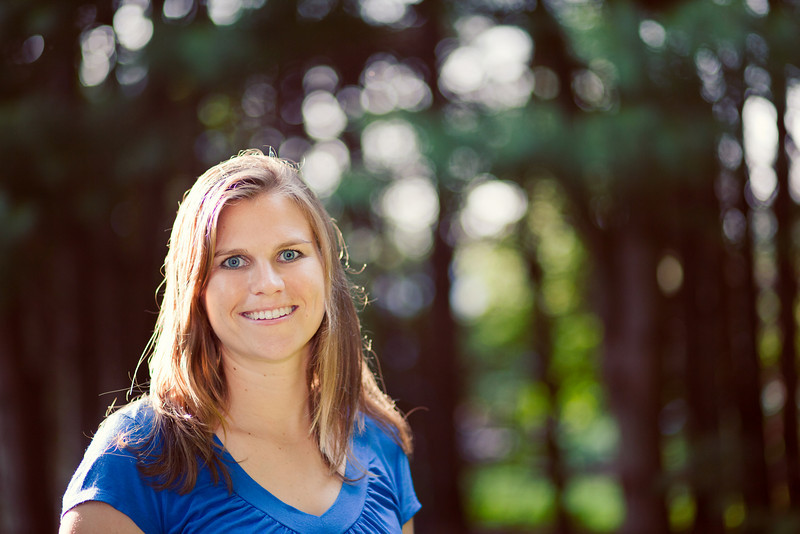I don’t usually review books on this blog. Hell, I don’t even know how to write a book review. But because Elizabeth Gilbert’s Committed was the much-awaited sequel to what’s arguably the most popular book in my genre, Eat, Pray, Love, I’m going to tell you what I thought of it.
When I say much-awaited, I don’t just mean by the public at large. I mean by me. I was so eager to read this book that I bought it in hardcover at the bookstore instead of waiting my turn at the library. (Hey, when you’re unemployed, some things gotta go.)
Why? Because I was rooting for Elizabeth Gilbert. I feel like I know her. I don’t really. But the fact that I feel like I do is a tribute to her writing style, the details she revealed in her first book and interviews she’s done since then. In Eat, Pray, Love — which was published in more than 20 languages — she came across as a real person, a human with hopes and flaws (even though the fairy-tale ending irked me). I saw her as one of us, an underdog, a virtually unknown writer who hit it big. And I felt like we had stuff in common besides writing: a love for travel, a lack of trust in marriage as an institution and a belief in speaking up for what we believe in.
But as much as I wanted to, I did not like her latest book.
It wasn’t the writing — Gilbert’s writing is conversational, easy to follow and witty. I love her use of italics. It makes me feel like I’m right beside her as she’s recounting the story. That’s something I’d like to incorporate into my own writing. (And this is coming from someone who used to be against italics altogether.)
What I didn’t appreciate was the way she tried to mix a history of marriage and her thoughts on the subject with her own love story.
I cared about the love story, what happened to her and Felipe after Eat, Pray, Love. And while I could’ve done with a little bit of background on marriage and a few of her opinions woven in, I felt like the book was weighed down with research and rambling. Her findings and reflections were the core of the book instead of the story of her second marriage. And maybe that’s how she wanted it — but I wished it were the other way around.
In fact, I so wanted to read about her and Felipe that I found myself skipping over parts of the book that dealt with her marriage research. It bored me.
It’s ironic, in a way, that I should read this book now, while I’m revising my own manuscript. One of the criticisms I’ve heard from my guinea pig readers is that my story needs more of my own reflection — more analyzing rather than just reporting, as we’d say in the news biz. Reading Gilbert’s book made me realize just how much contemplation can be included in a memoir. I think she overdid it. But I need to do it more.
The book certainly had its strong points. I loved the tale of her grandmother, who had a cleft palate and was expected never to marry. (She did.) I loved that Gilbert delved into why she doesn’t want children. She could have avoided that topic if she wanted to, but baring her soul is what this author is good at. And now that I’m writing a memoir that also includes some soul-baring, I know how hard that can be.
Here’s what I found myself wondering after I finished the book: Gilbert admitted she wrote it once, wasn’t satisfied and started over. What didn’t she didn’t like about the first manuscript? She says her voice wasn’t quite right, but I want to know more. What was that version like?
Hopefully she’ll reveal that in an interview somewhere — maybe on this blog? Elizabeth, if you’re reading this, come visit. Because even though I didn’t care for Committed, I respect you as a writer and a person — enough to buy your next book.
Anybody else read Committed? What’d you think?
Filed under: Memoir, What I'm reading | Tagged: Committed, Eat Pray Love, Elizabeth Gilbert | 16 Comments »



